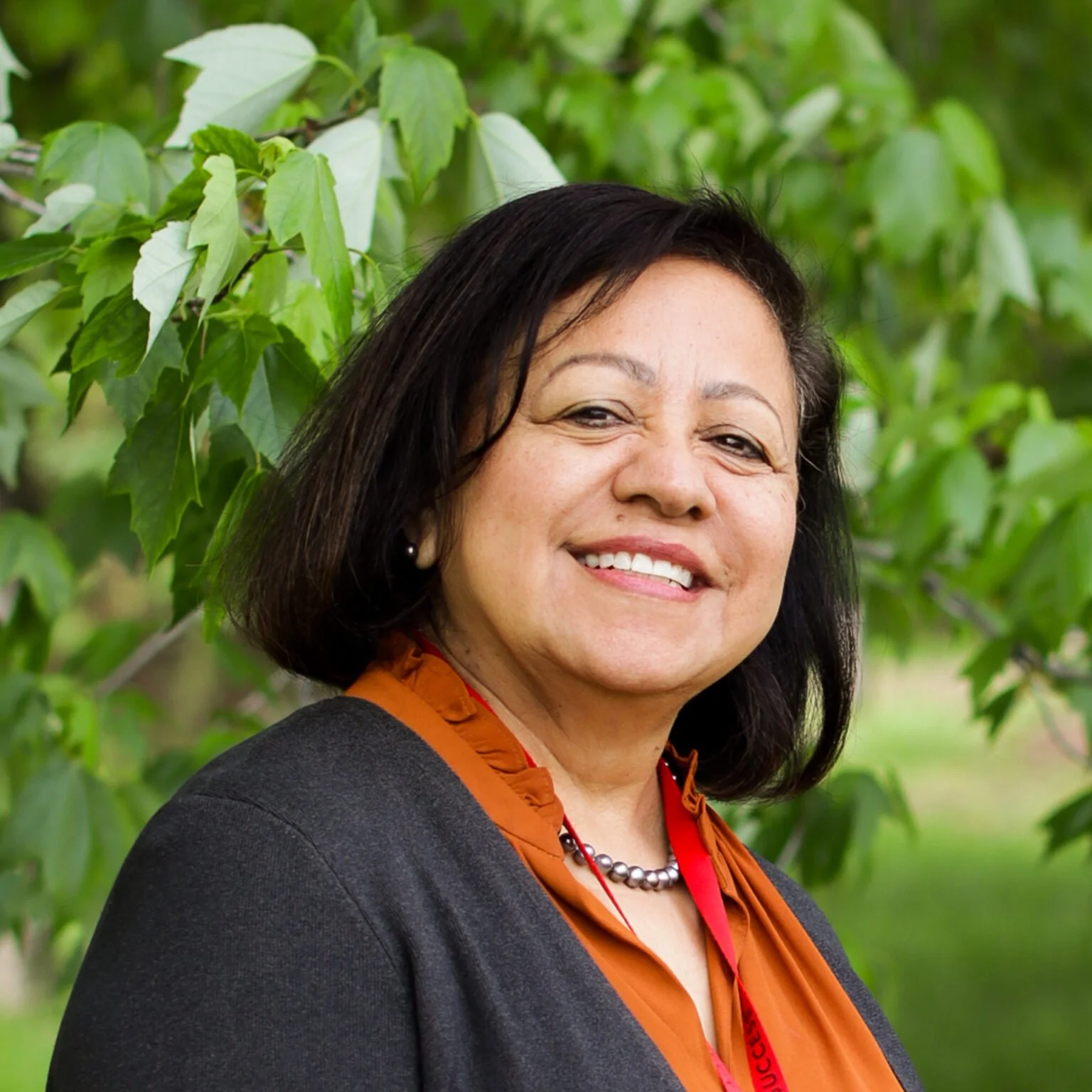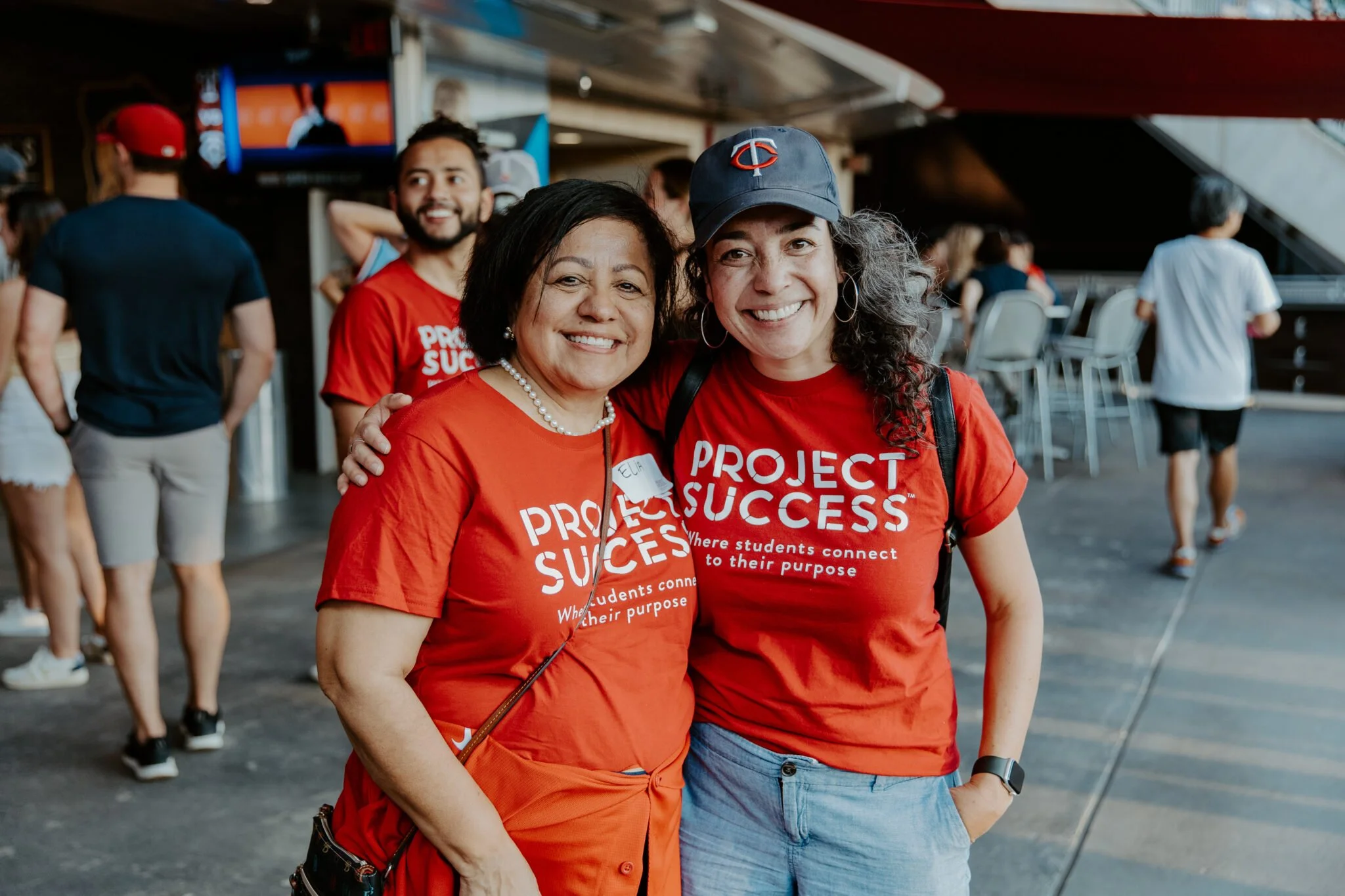Teaching Is Evolving: 30+ Years as an Educator, Dr. Elia Dimayuga-Bruggeman’s Story and Advice to Aspiring Teachers
From teacher to principal, and from educator to nonprofit professional, Dr. Elia Dimayuga-Bruggeman has a lot to say about the evolution of teaching
Dr. Elia Dimayuga-Bruggeman, Photo courtesy of Project Success
Dr. Elia Dimayuga-Bruggeman is a passionate and innovative educational leader with a wealth of experience as a student, teacher, education-advisor, and principal. She is known for her joyful approach, adaptability, and unwavering dedication to student success, ensuring that every learner she supports has the opportunity to grow, thrive, and reach their full potential.
Born in Las Mesas, a small community in Mexico inland from Acapulco, Dr. Dimayuga-Bruggeman began her educational journey as a foreign exchange student in the United States. She went on to earn degrees in business education and Spanish from Mankato State College, laying the foundation for a distinguished career in education.
Dr. Elia currently works for Project Success as a Senior Education Advisor with a passion and commitment to guide programming that serves students and families state-wide.
What inspired you to become a teacher?
Dr. Elia Dimayuga-Bruggeman: I was born in Mexico and I came to the U.S after getting married. I initially worked as a paraprofessional, even though I had planned to be a lawyer in Mexico. I decided to become a teacher because I was the sole Latino staff member at a school with a large number of Latino immigrant students. Eventually, I became a Spanish teacher with a focus on English language learners. I love teaching non-Latino students Spanish while helping Latino students improve their skills—especially with grammar and writing, since many could speak the language but hadn’t been taught how to write it or understand its structure. I’ve also been a huge supporter of the “Grow Your Own” program, a program that prepares students of color to become teachers. I believe it’s crucial to have teachers who reflect the student populations in our schools.
How have you seen the teaching profession evolve throughout your career, especially with your work in public and private schools?
Dr. Elia Dimayuga-Bruggeman: Over the last 30 years, teaching has changed dramatically, especially with advancements in technology, shifting societal expectations, and change in policy. When I started teaching, I used overhead projectors and tape recorders—tools students today wouldn’t even recognize. Now, we have one-on-one digital devices, interactive whiteboards, online learning, and podcasts, all requiring teachers to develop digital fluency. These tools make lessons more personal and engaging, benefiting students, including special education and English learners.
Online resources and digital libraries, which weren’t available when I was teaching, now provide teachers with incredible opportunities to bring the world into their classrooms—especially with the internet. Today, there is widespread access to these tools, making global learning more accessible than ever.
Additionally, collaboration tools have evolved significantly. As a teacher, I didn’t have access to many of them, but as an administrator and now at Project Success, I’ve seen how transformative they can be. Platforms like Google Classroom, Microsoft Teams, Riverside, and Zoom enable real-time collaboration, making it easier than ever for educators to connect, share, and support student learning.
Beyond technology, [the teaching profession has evolved where] educators wear many hats—social worker, parent, advocacy—all while balancing increasing demands like data-focused instruction or training for violence prevention. While these responsibilities help us to better support the students and strengthen the connections to the community, they can also add stress to the profession.
“I initially worked as a paraprofessional, even though I had planned to be a lawyer in Mexico. I decided to become a teacher because I was the sole Latino staff member at a school with a large number of Latino immigrant students. ”
How has your perspective on the role of a teacher changed as you move from classroom teaching to leadership positions?
Dr. Elia Dimayuga-Bruggeman: I always have my respect for every teacher and every educator. As administrators, my focus shifts from the classroom to the system and even to an ecosystem of partnerships, community, and family engagement. All of this is needed for the students' growth and success. You can't do it alone. It truly takes the whole village to raise a child.
What are your hopes for the next generation of educators?
Dr. Elia Dimayuga-Bruggeman: My hope for the next generation of educators is that they embrace technology without fear. AI and other advanced tools are here to stay, and while they can’t replace the human care of teachers, they can assist us in powerful ways. For example, AI can help students review concepts they didn’t grasp in class, giving them another chance to learn.
Beyond technology, I believe cultural competency will be critical. Our classrooms are more diverse than ever, and it’s essential to create inclusive environments where every student feels secure and a sense of belonging. As a teacher, we want to make sure that we are very inclusive of every learner.
Photo courtesy of Project Success
“I think that our teacher responsibilities, you know, they certainly go beyond the classroom. But we are the community leaders, we are the advocates, we are the role models that are, you know, we have civic responsibility, which I think that that bring us closer to the community we serve, which is great.”



